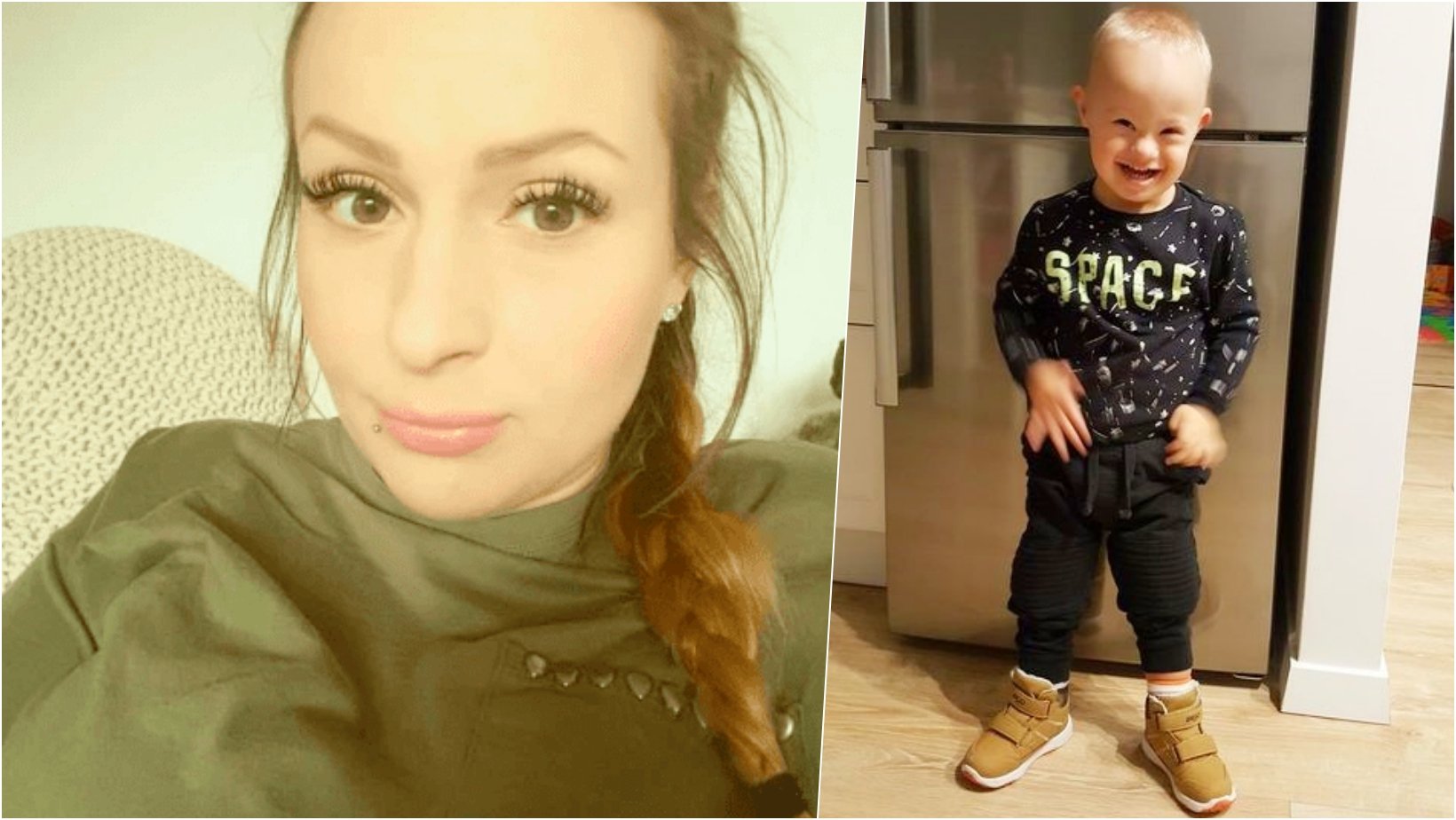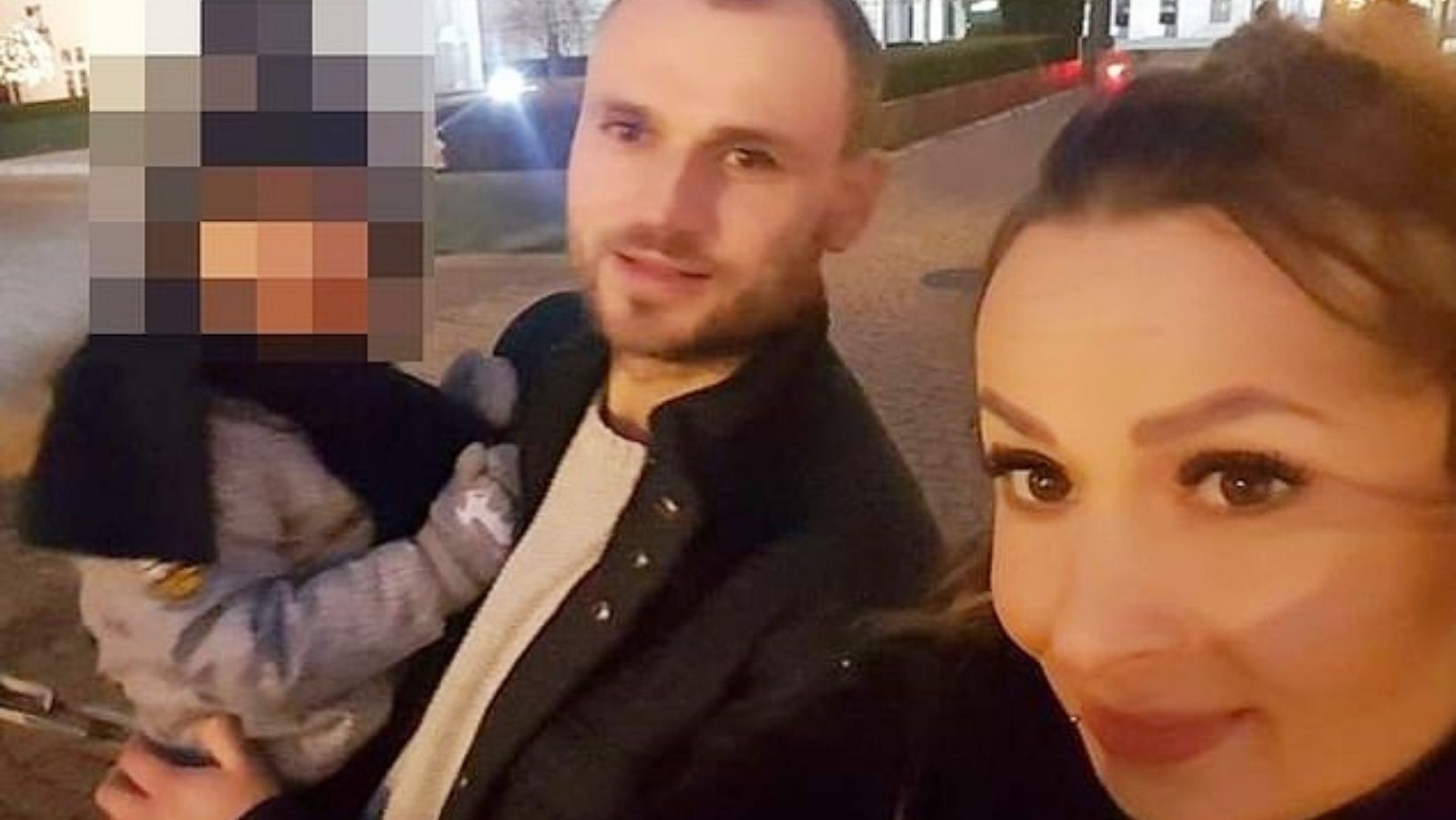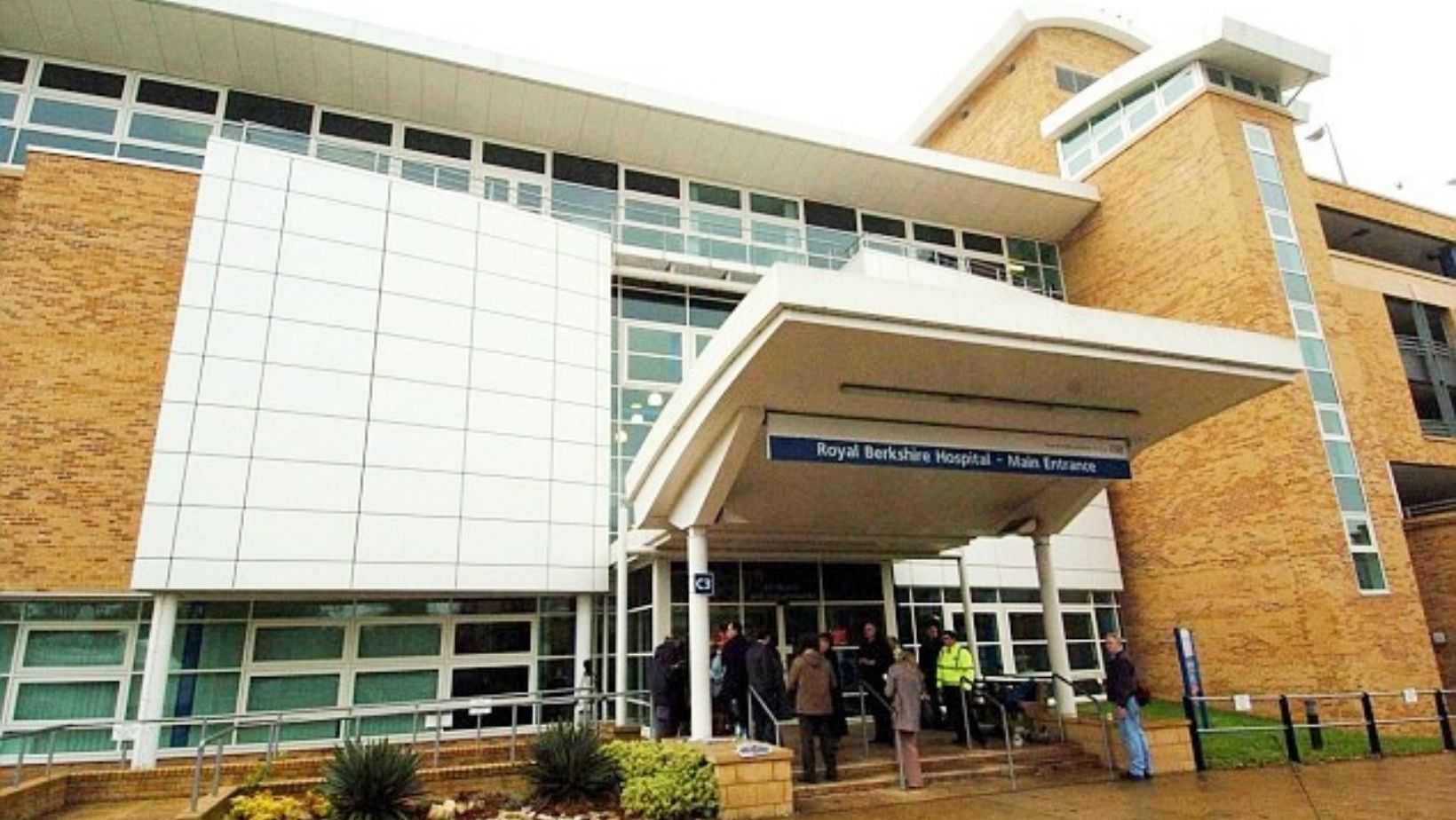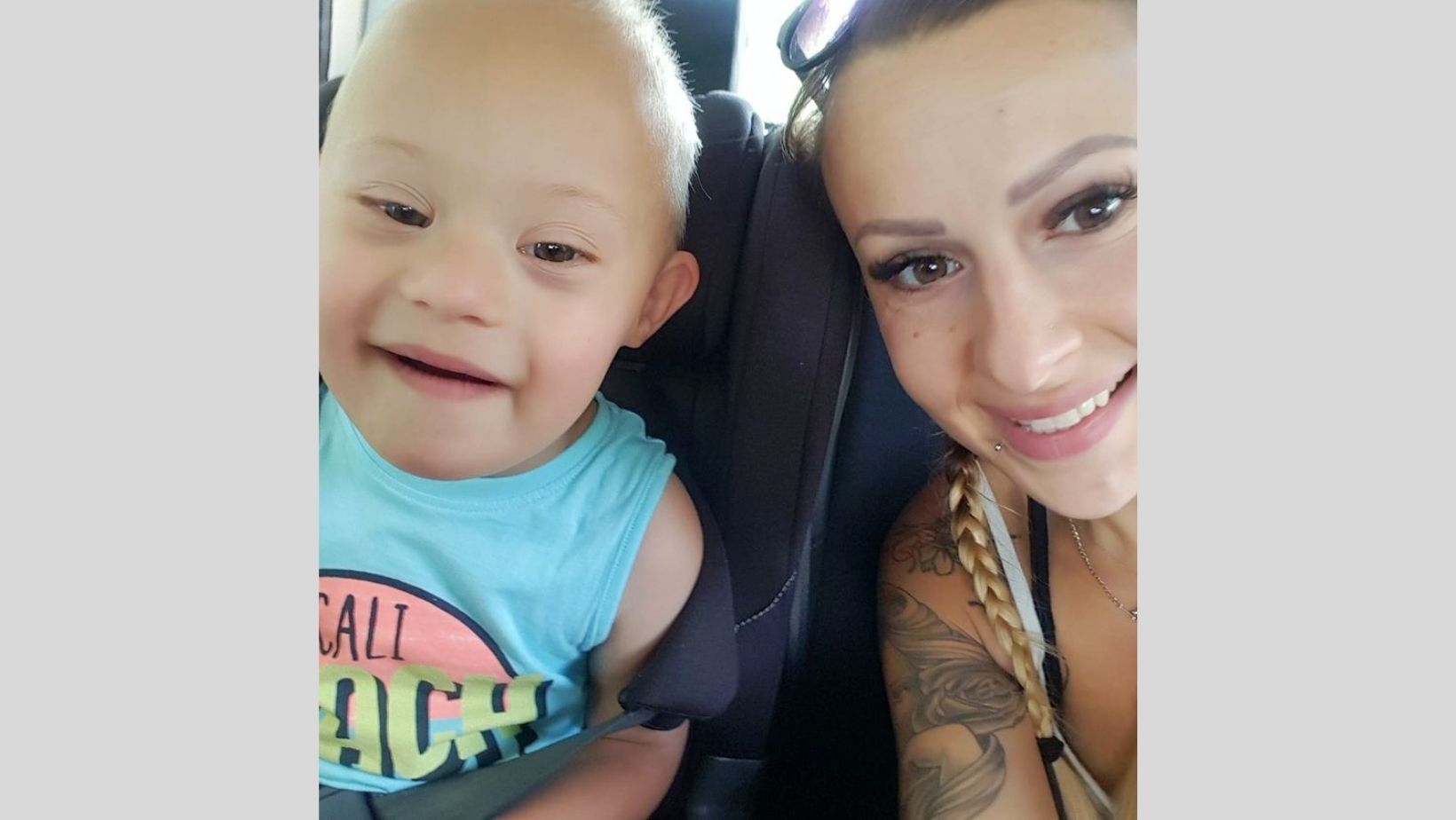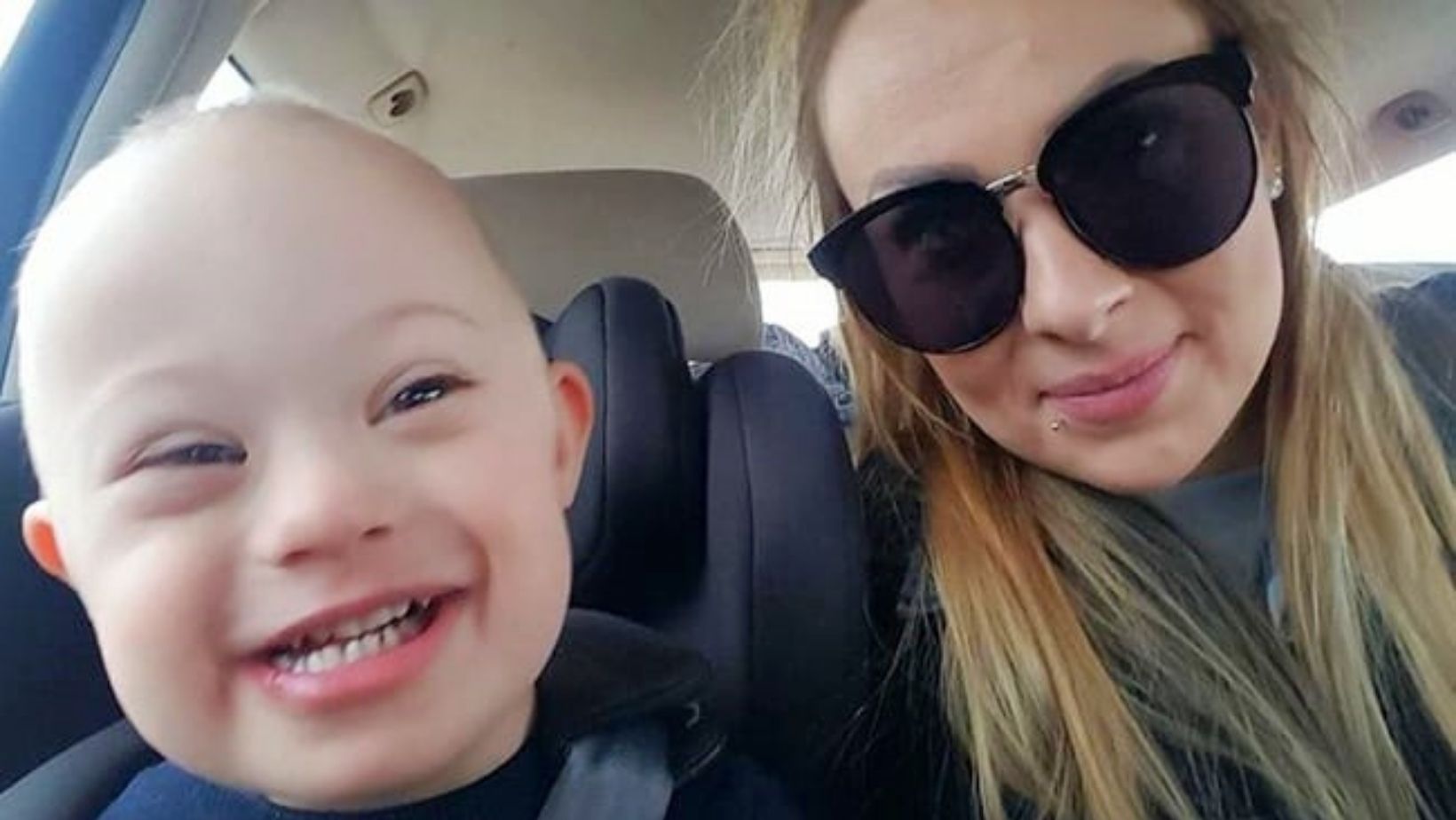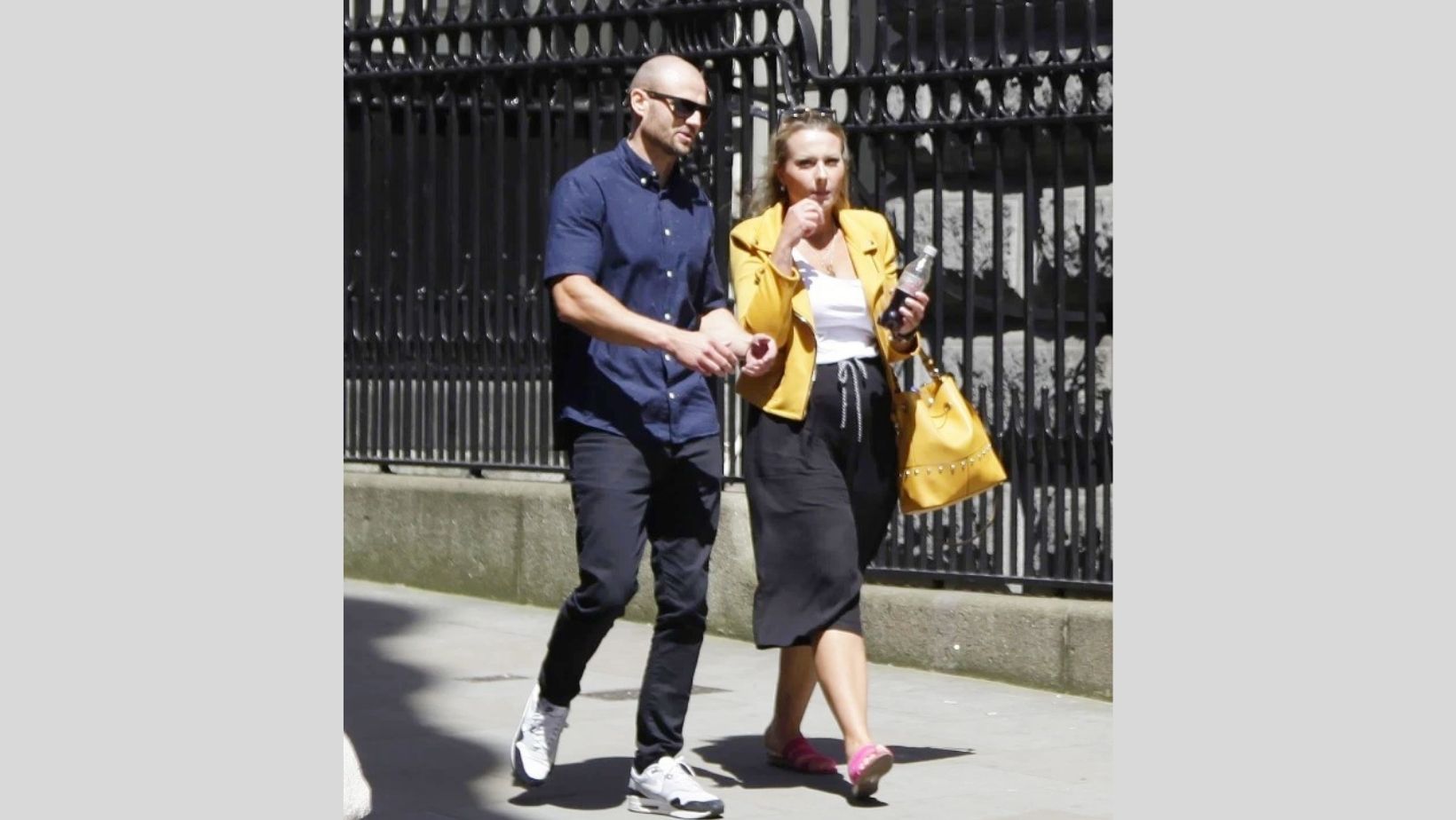In the UK, a mother who said she would have aborted her son had she known he had Down Syndrome has been criticized online.
Edyta Mordel, 33, was shocked when her son, Aleksander, was born with down syndrome at the Royal Berkshire Hospital in 2015.
She said she would have terminated the pregnancy if antenatal screening had been conducted to show that the baby had the condition.
Down Syndrome is a genetic disorder associated with physical growth delays, characteristic facial features, and mild to moderate developmental and intellectual disability. It is caused by the presence of a full or partial extra copy of chromosome 21. Although down syndrome can’t be prevented, it can be detected before a child is born.
According to the Centers for Disease Control and Prevention, about one in every 700 babies in the United States is born with Down syndrome, making it the most familiar chromosomal condition.
Edyta conceived her son Aleksander “accidentally” with partner Lukasz Cieciura and initially “was not at all happy about it” even before she knew of his disability, the High Court was told.
Edyta says she insisted on prenatal testing during her pregnancy. If it had been provided, she says she would have known about Aleksander’s condition and chosen to terminate the pregnancy.
She sued the NHS (National Health Service) for over $272,000 for “wrongful birth” which will be used to cover the additional cost and hardship of raising Aleksander, now four, who was born by cesarean section at the Royal Berkshire Hospital.
The mom from Reading, Berkshire, worked as a production operator and her unplanned 2014 pregnancy with Aleksander came as a shock. She says she needs financial help caring for her son as his disorder impacted her ability to work.
Justice Jay, the sonographer who conducted Edyta’s 12-week scan, had failed to obtain her informed consent to undergo the screening.
NHS lawyers countered Edyta’s testimony and said that she was offered prenatal testing for Down syndrome during her 12-week scan but refused it after learning that the procedure carries a slight risk of miscarriage, pointing to notes on her medical records that read “Down’s screening declined.”
“I was always sure about the decision and I always wanted it, I spoke with the midwife about Down’s syndrome screening,” Edyta said. “I had informed myself.”
“I watched a lot of videos and read about screening,” Edyta added. “I knew from the start that I would agree on the Down’s syndrome screening and I would not make any other decision.”
Edyta, who was originally from Poland, said she believed all along that the screening had taken place and “declined” meant high risk for Down syndrome was not detected in her unborn baby.
The judge has noted that English is Edyta’s second language and additional assessments should have been carried out to ensure her requests. He also said that the midwife failed to follow up with Edyta about the Down syndrome screening.
Edyta’s lawyer, Clodagh Bradley QC said while Miss Edyta now “has her son who she does care for” she had experienced the struggles disabled people face in society and would not have wished to put her child through that.
“She gives an anecdote of why she couldn’t bear to have a child with Down’s syndrome,” she said. “I knew someone from work with Down’s syndrome.”
“I knew how difficult his life is,” Edyta said. “I would not have continued with my pregnancy.”
“I knew how disabled people suffered, and what people said about him and how they acted towards him,” she said. “I would not have wanted my child to suffer like that.”
However, several citizens have agreed that Edyta’s decision was selfish and ungrateful for having a child.
“She doesn’t deserve to have such a special gift from God that baby deserves to be in a loving home with caring and loving parents,” one person said.
“So much for unconditional love,” another one has added. “I feel sorry for the kid having a mother like that!”
“This should be enough to have the baby taken from her care at birth,” a third one said. “How could she possibly love her child unconditionally and keep them safe if she is doing this.”
In the so-called wrongful birth cases, compensation is paid out to cover the additional costs related to bringing up a disabled child.
“Nothing I have said in this judgment should be interpreted as suggesting that the birth of a child with Down’s Syndrome must be seen as unwelcome,” a judge has said.
“The state expresses no judgments either way, but it is the policy of the NHS that Down’s Syndrome screening must be offered to all expectant mothers, the premise being that many would wish to exercise their right to proceed to medical termination in the event of a diagnosis.”
“These various wishes and decisions must be and are respected without comment.”
Recommended Video For You!
Mom Cuddles Her Premature Baby For The First Time


